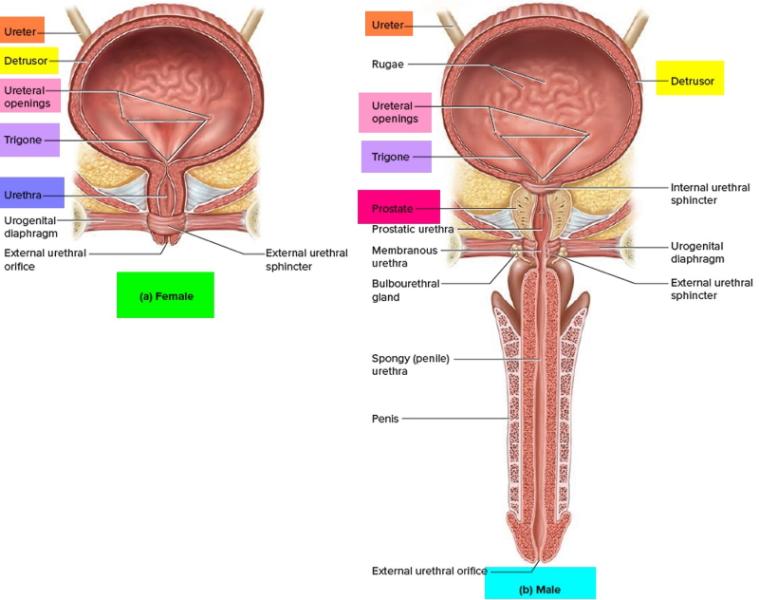Back
Why Does My Child Pee Themselves When They Laugh?
By Pelvic Health Physical Therapy on 2/2/2024

Why does my child pee themselves when they laugh?
If this question has ever come up, your child may be experiencing a rare --but treatable—condition called giggle incontinence. Giggle incontinence is the involuntary and often unpredictable loss of urine during giggling or laughter in the absence of other types of incontinence (eg: overflow incontinence, urge incontinence).
Children normally gain control of their bladders somewhere between ages 2 and 4 - each on their own time. However, those who continue to have incontinence can experience embarrassment and distress when wetting themselves. Peer teasing and rejection secondary to incontinence can result in negative self-esteem, learned helplessness, or lower social functioning. More recent findings also suggest high rates of concomitant developmental delays and mental health conditions, such as attention deficit/hyperactivity disorder, oppositional defiant disorder, anxiety, and depression.

The pathophysiology of giggle incontinence is unclear, urodynamics are seldom helpful, and the efficacy of timed voiding and pharmacotherapy is limited. Some studies have suggested that improving urethral sphincter tone (see image above) and muscle recruitment using biofeedback techniques might be helpful for children with giggle incontinence.
Other techniques that may be helpful in helping giggle incontinence would include:
Myofascial release of affected muscles of the pelvic floor and surrounding areas;
Visceral mobilizations of the urinary and/or gastrointestinal systems (yes, constipation can affect bladder function!);
Strengthening weak muscles;
Bladder retraining;
Dietary changes;
And more!
If your child is experiencing pelvic floor dysfunctions associated with the issues above, please reach out to us at Pelvic Health Center in Madison, NJ to set up an evaluation and treatment! Feel free to call us at 908-443-9880 or email us at receptionmadison@pelvichealthnj.com.
Works Cited:
Read More:
How Chronic Pelvic Congestion in Men Contributes to Prostatitis By Shannon Strauch, PTA, STMT-1 on 12/11/2024 How lymphatic issues can cause symptoms of prostatitis Prostatitis and Tight Pelvic Floor Muscles: A Comprehensive Guide By Shannon Strauch, PTA, STMT-1 on 12/10/2024 How a tight pelvic floor can be the reason for prostatitis symptoms
Are you ready to live pain free?
Request An Appointment